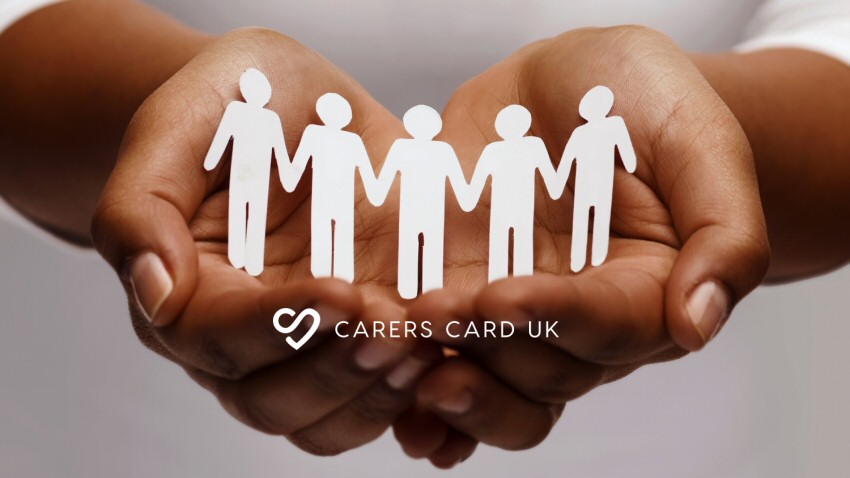Why safeguarding is important when caring for a loved one
Safeguarding is of utmost importance when caring for a loved one, especially when they are vulnerable or dependent on others for their well-being. Here are some key reasons why safeguarding is essential.

Protection from harm
Safeguarding measures are put in place to ensure the safety and protection of individuals who may be at risk of harm. This includes physical, emotional, sexual, or financial abuse, neglect, or exploitation. By implementing safeguards, you create an environment that minimises the potential for harm and promotes the well-being of your loved one.Respecting autonomy and dignity
Safeguarding is not just about protecting individuals from harm but also respecting their autonomy and preserving their dignity. It involves recognising and upholding their rights, choices, and preferences. Respecting your loved one's autonomy means involving them in decision-making, obtaining informed consent, and promoting their independence as much as possible.Preventing abuse and exploitation
Vulnerable individuals can be targets for abuse, manipulation, or financial exploitation. Safeguarding measures such as monitoring, supervision, and establishing boundaries help prevent such situations from occurring. It includes being vigilant about who has access to your loved one, their financial transactions, and their personal information.Ensuring appropriate care and support
Safeguarding involves ensuring that your loved one receives the appropriate care and support they need. This may involve regular assessments, monitoring their well-being, and ensuring that their physical and emotional needs are met. It also includes advocating for their rights, seeking professional help when needed, and coordinating with healthcare providers and other relevant professionals.Promoting trust and transparency
Implementing safeguarding measures builds trust between you and your loved one. It reassures them that their well-being is a priority and that you are committed to their safety. By being transparent about your actions, decisions, and any concerns, you maintain open communication and foster a relationship based on trust.Compliance with legal and ethical obligations
Safeguarding is often required by law and regulated in healthcare, caregiving, and social service settings. By adhering to legal and ethical obligations, you ensure that you are providing care within established standards and guidelines.Remember, safeguarding is an ongoing process that requires vigilance, education, and active involvement. Regularly reassessing the situation, adapting strategies as needed, and seeking professional guidance can help ensure the safety and well-being of your loved one.
Posted: 27/03/2024
